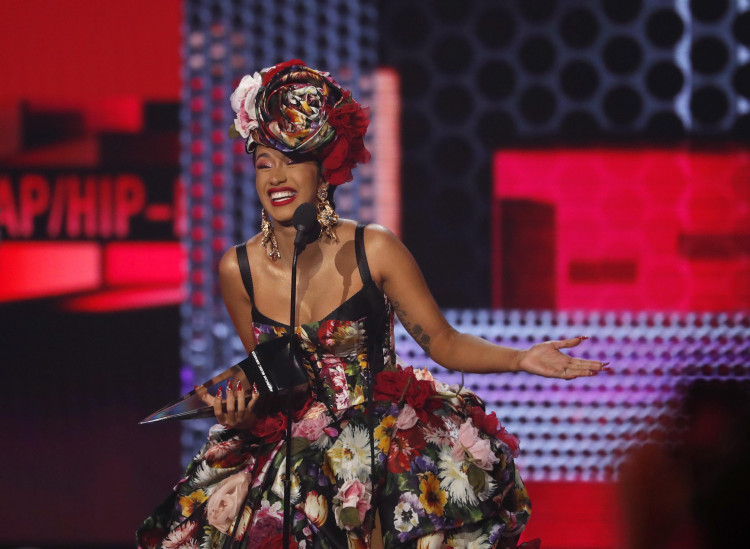In the volatile world of the music industry, few rivalries have captured the public's attention quite like the ongoing feud between rap titans Nicki Minaj and Megan Thee Stallion. What began as a collaborative relationship has devolved into a bitter exchange of lyrical jabs and public accusations, with Minaj's latest maneuvers signaling an escalation that could redefine the contours of both artists' careers.
The conflict, reignited by Minaj's recent release "Big Foot," appears to be a calculated response to Megan's "Hiss," a track laden with innuendos targeting Minaj's personal life, specifically her husband Kenneth Petty's legal history. Minaj's counteroffensive not only revisited these allegations but also introduced an intensely personal dimension by invoking Megan's deceased mother, a move that has polarized fans and drawn widespread media scrutiny.
A source close to Minaj articulated the depth of the animosity, telling the Daily Mail, "Nicki knows her weaknesses and will play on all of them. If Megan thinks that Nicki's beef with Cardi is bad it is a drop in the pool that she is about to drown Megan in." This sentiment underscores the strategic nature of Minaj's approach, suggesting a willingness to exploit any vulnerability to maintain her standing in the rap hierarchy.
The roots of this feud trace back to a once amicable relationship, highlighted by their 2019 collaboration "Hot Girl Summer." However, the dynamic shifted dramatically following Megan's alliance with Cardi B on the chart-topping "WAP," further entrenching the divisions within the female rap community and reigniting Minaj's longstanding rivalry with Cardi B, which had previously culminated in a physical altercation at New York Fashion Week in 2018.
Adding a complex layer to the saga is the involvement of the Kanka family, whose personal tragedy led to the creation of "Megan's Law." The family has expressed their dismay at the appropriation of their narrative in the rap feud, with Megan Kanka's father contemplating legal action against Megan Thee Stallion for the perceived misuse of their painful history.
The insider further elaborated on the strategic nature of Minaj's campaign against Megan, stating, "Nicki told Megan she needs to sit down and respect those who set the path for her. Megan came for Nicki's husband and brother and in the worst way. So, Nicki responded by taking it a level higher." This perspective reveals the underlying tensions surrounding respect, legacy, and hierarchy within the rap community, themes that have fueled many of the genre's most storied rivalries.
Observers note that while these feuds can amplify an artist's visibility and solidify their base, they also carry significant risks, potentially alienating fans and detracting from the music itself. The strategic implications of such public disputes are complex, with each move scrutinized for its potential impact on the artists' brands and market positions.
As the battle wages on, the broader implications for the music industry, particularly the female rap scene, remain a subject of intense speculation. The feud between Minaj and Megan not only underscores the personal stakes involved but also highlights the intricate interplay of power, respect, and legacy in shaping the trajectories of artists' careers.





